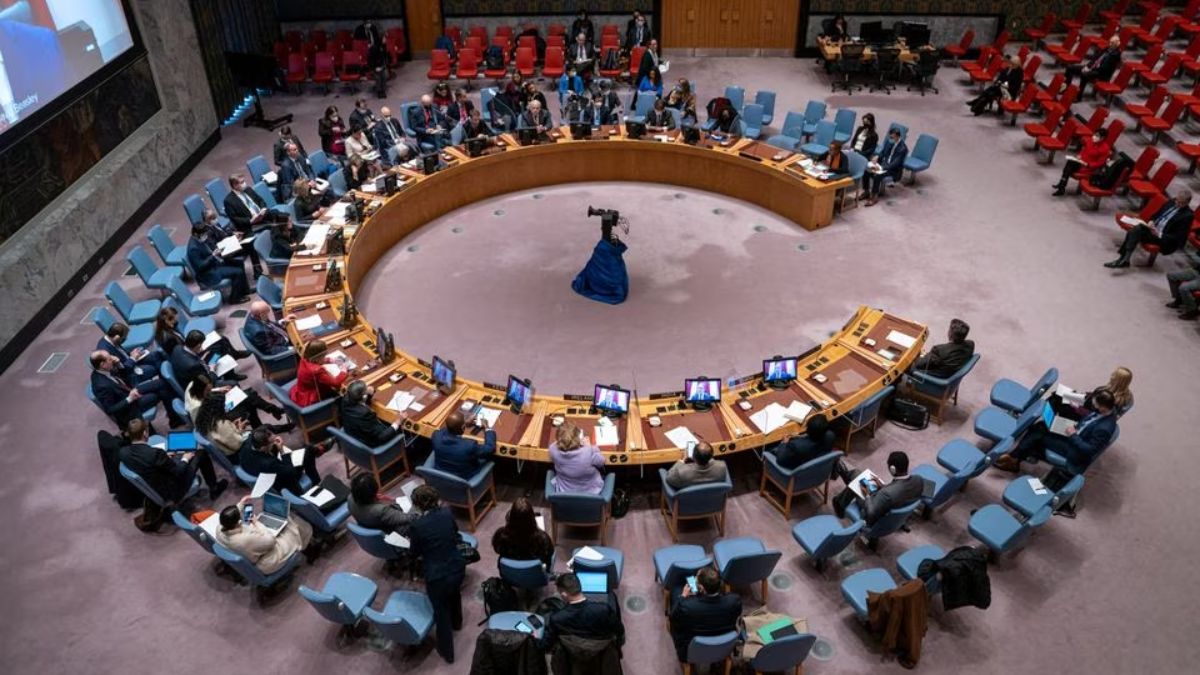
1. The President of India is the:
a) Head of Government
b) Head of State
c) Head of the Judiciary
d) Head of the Parliament
Answer: b) Head of State
2. The President of India is elected by:
a) Direct vote by all citizens
b) An electoral college consisting of the elected members of both Houses of Parliament and Legislative Assemblies of States and Union Territories
c) The members of the Rajya Sabha only
d) The Lok Sabha only
Answer: b) An electoral college consisting of the elected members of both Houses of Parliament and Legislative Assemblies of States and Union Territories
3. Which of the following articles of the Indian Constitution deals with the procedure for the impeachment of the President?
a) Article 52
b) Article 61
c) Article 72
d) Article 76
Answer: b) Article 61
4. The term of office of the President of India is:
a) 4 years
b) 5 years
c) 6 years
d) 7 years
Answer: b) 5 years
5. Which of the following is NOT a qualification to become the President of India?
a) Must be a citizen of India
b) Must have completed 35 years of age
c) Must be qualified to be elected as a member of the Lok Sabha
d) Must have been a Judge of the Supreme Court
Answer: d) Must have been a Judge of the Supreme Court
6. Who administers the oath of office to the President of India?
a) Chief Justice of India
b) Prime Minister of India
c) Vice President of India
d) Speaker of the Lok Sabha
Answer: a) Chief Justice of India
7. In case the office of the President of India falls vacant, the election to fill the vacancy must be held within:
a) 6 months
b) 9 months
c) 1 year
d) 3 months
Answer: a) 6 months
8. The President of India can proclaim a national emergency under which article of the Constitution?
a) Article 352
b) Article 356
c) Article 360
d) Article 365
Answer: a) Article 352
9. Which of the following is a discretionary power of the President of India?
a) Sending a bill back for reconsideration
b) Dissolving the Lok Sabha without consulting the Prime Minister
c) Appointing the Chief Justice of India
d) Imposing President’s Rule in a state
Answer: a) Sending a bill back for reconsideration
10. Which of the following statements about the powers of the President of India is incorrect?
a) The President can pardon a person sentenced to death
b) The President can dissolve the Lok Sabha on the advice of the Council of Ministers
c) The President appoints the Prime Minister, the Chief Justice of India, and other key officials
d) The President can declare a financial emergency without the approval of the Parliament
Answer: d) The President can declare a financial emergency without the approval of the Parliament
